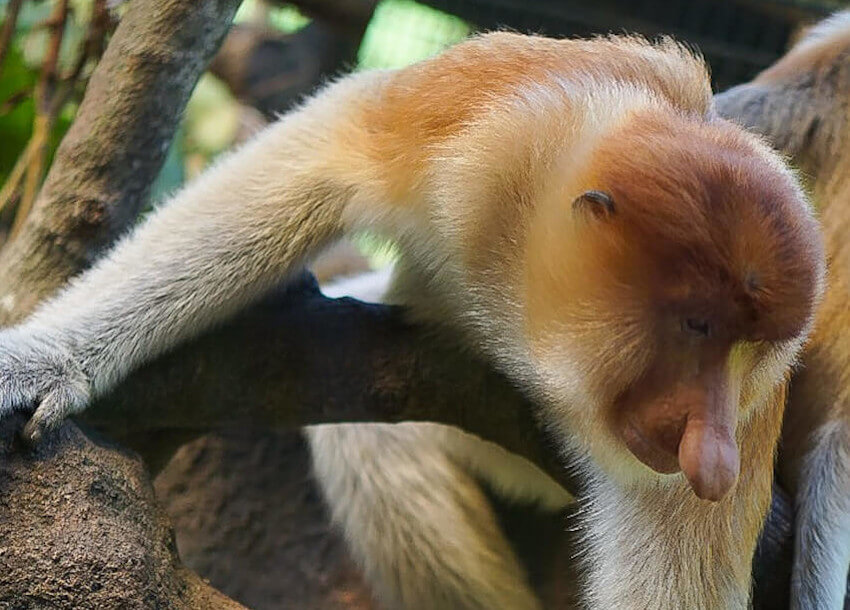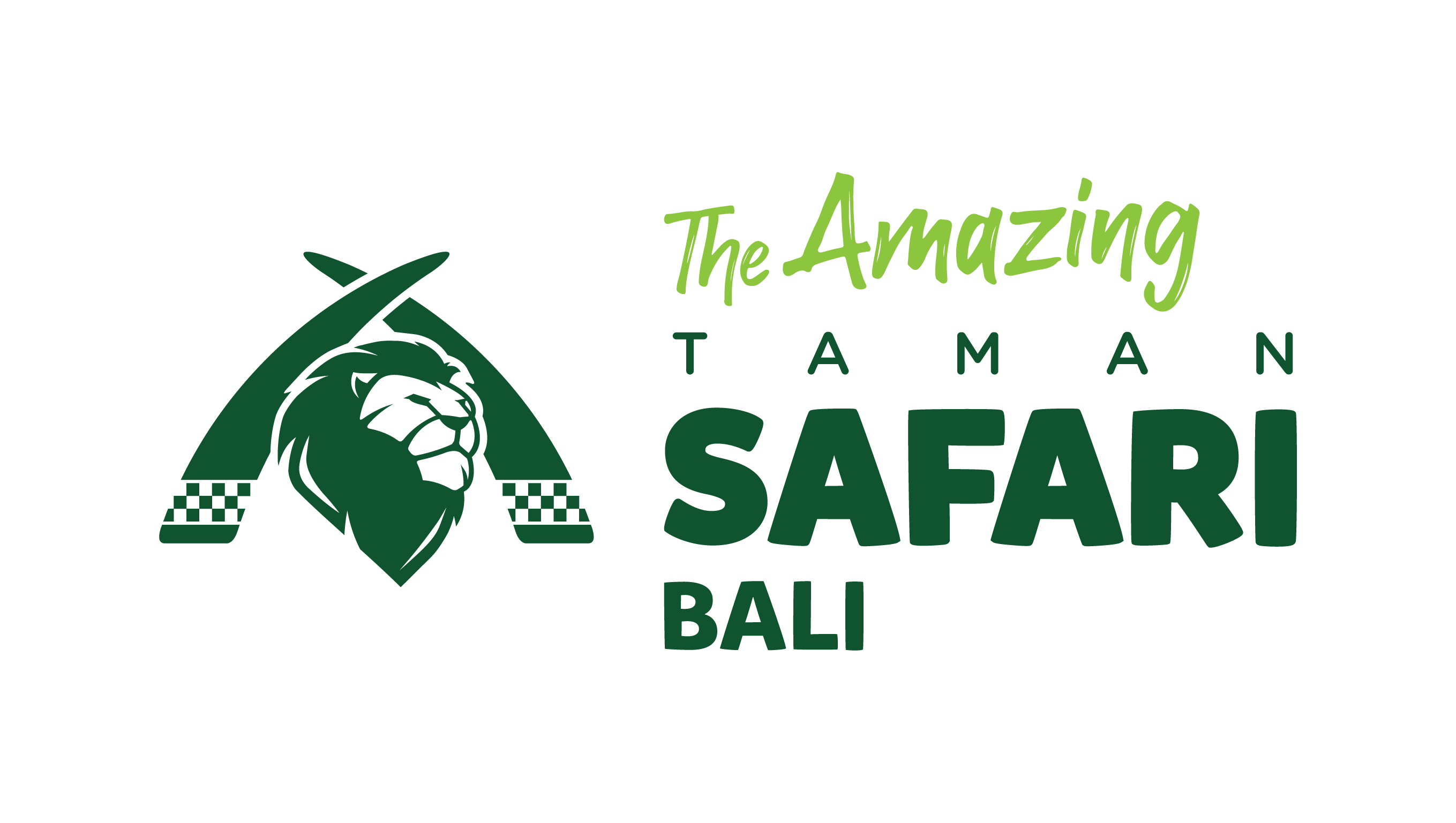Borneo, also known as Kalimantan, is the third-largest island on Earth, featuring dense tropical rainforest habitats for a variety of Indonesia’s endemic species.
Known as Bekantan, one of the well-known endemic species from Borneo called the proboscis monkey.
Learn More About The Proboscis Monkey with Bali Safari Park

In the wild, the proboscis monkey are normally found in some mangrove forest habitats, wetlands or swampy areas, and coastal rainforests. The males typically have a more protruding nose compared to the females’ nose.
You may also notice that many proboscis monkeys have such a round belly. This is because the monkeys have a complex chambered stomach that hosts digestive bacteria, which often produce gas during the digestion process.
Endangered
Unfortunately, the proboscis monkey wild population is on a steady decline. They even has the endangered status by the IUCN Red List due to poaching, deforestation, and the loss of habitat.
In Bali Safari Park, visitors can encounter four proboscis monkeys. Two males named Genta and Kalawa, and two females named Safira and Agustin. The Bekantan Habitat in Bali Safari Park was designed to closely resemble their native habitat in Borneo. There is a great abundance of trees to climb and sit on, and a pool to accommodate their swimming habit.
Visitors can delight in observing the various unique behaviors of the bekantan monkeys. From actively moving between trees, and swinging between branches. In addition, during hot weather, you can spot them cooling off in the swimming pool. The proboscis monkeys have no problem spending some time in the water. They have webbed feet to help them swim, and a kind of valve that prevents water from entering their nose.
Meet Them at Bali Safari Park
Are you curious about what the proboscis monkeys can do? Come and visit them at Bali Safari Park. Visitors will not only get to know Indonesia’s various endemic species but also in many parts of the world. Do Safari Adventure at Bali Safari Park, visit and learn about animal wildlife.






